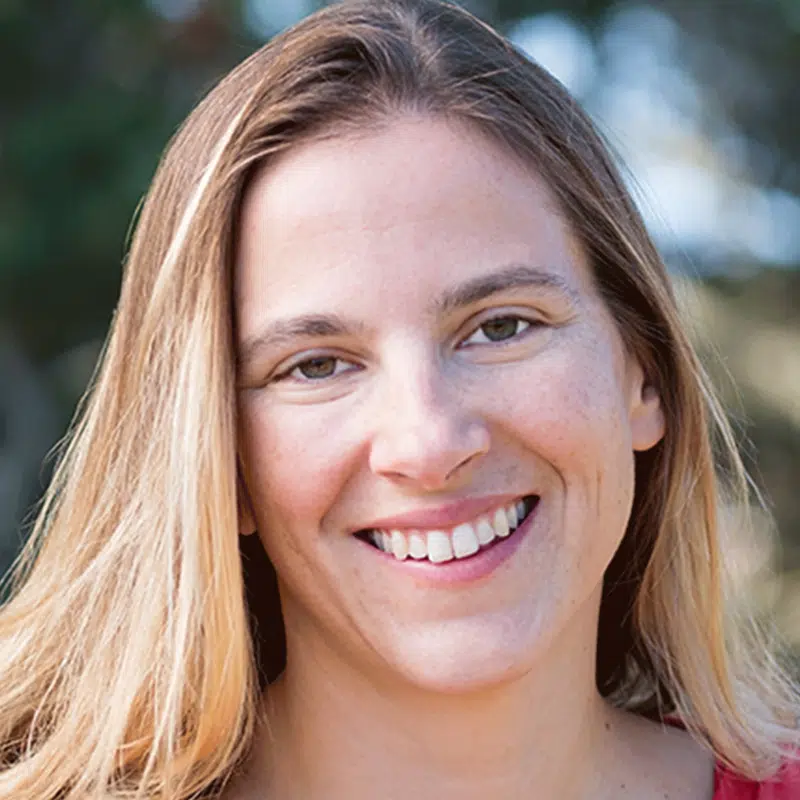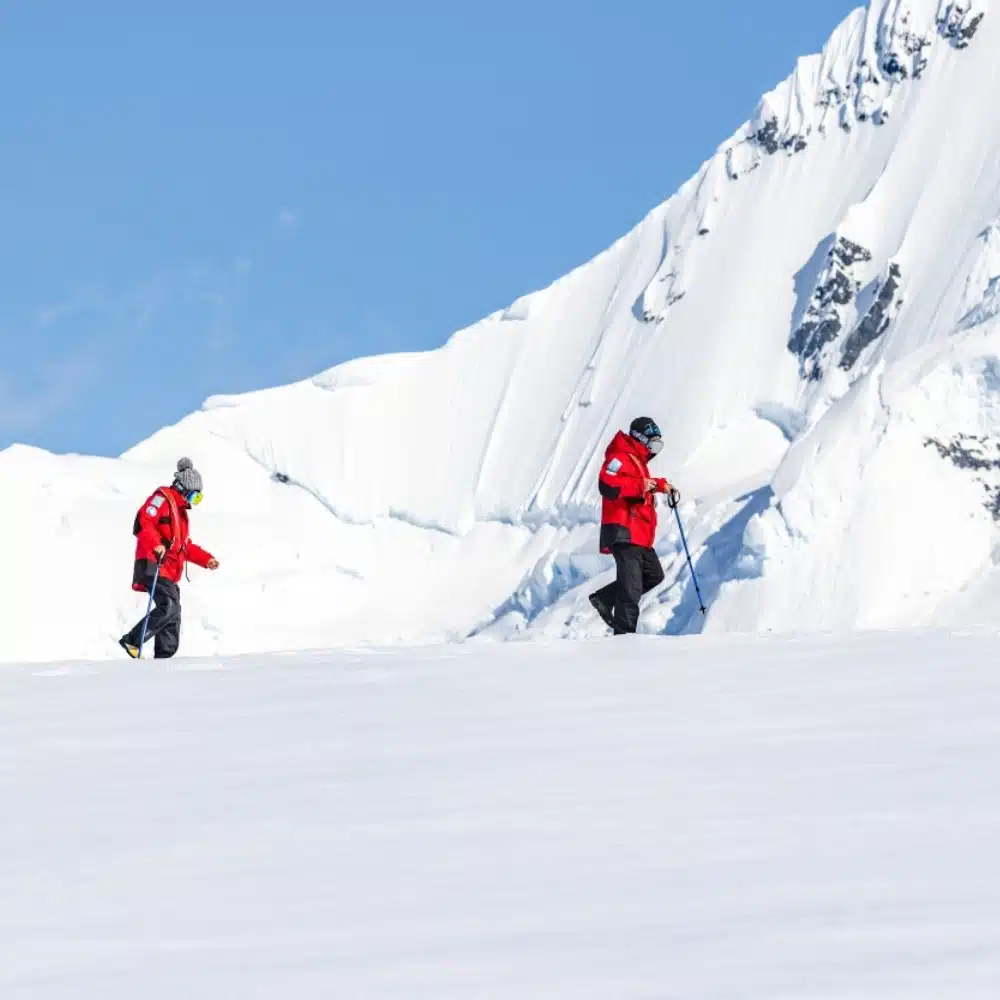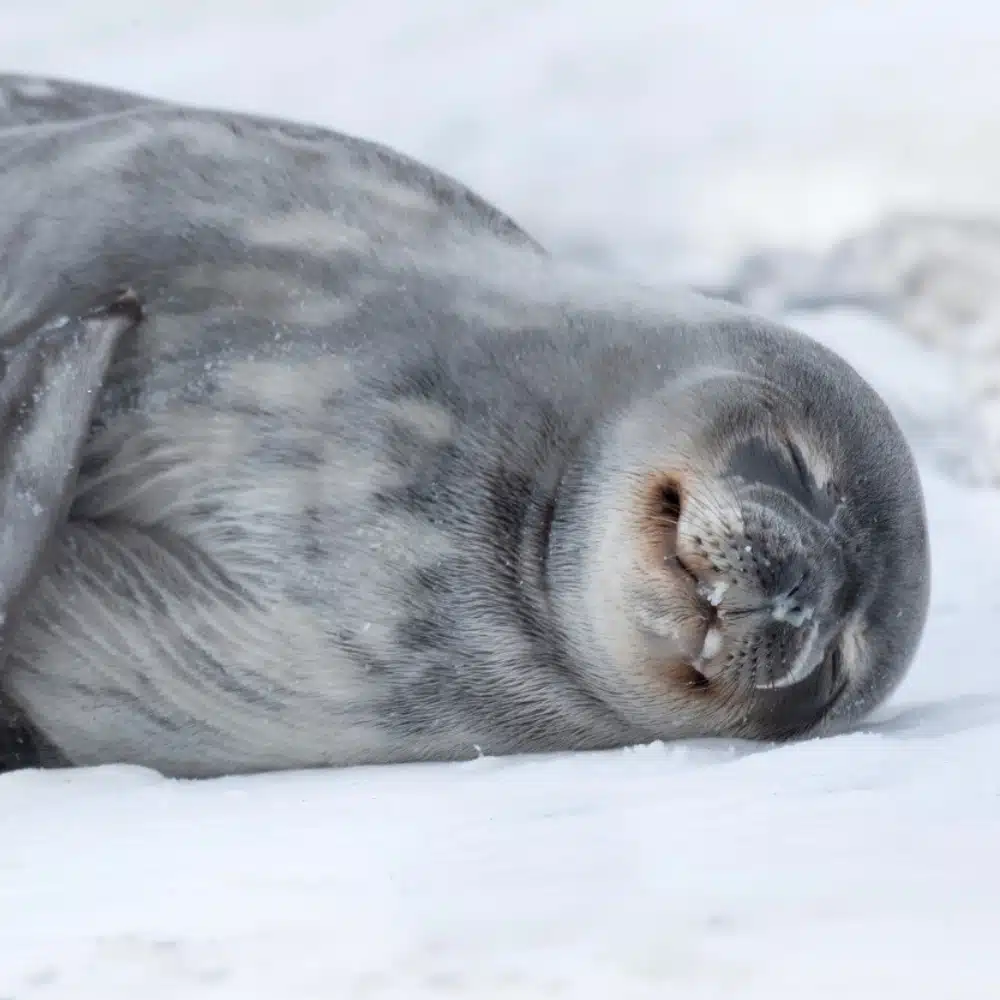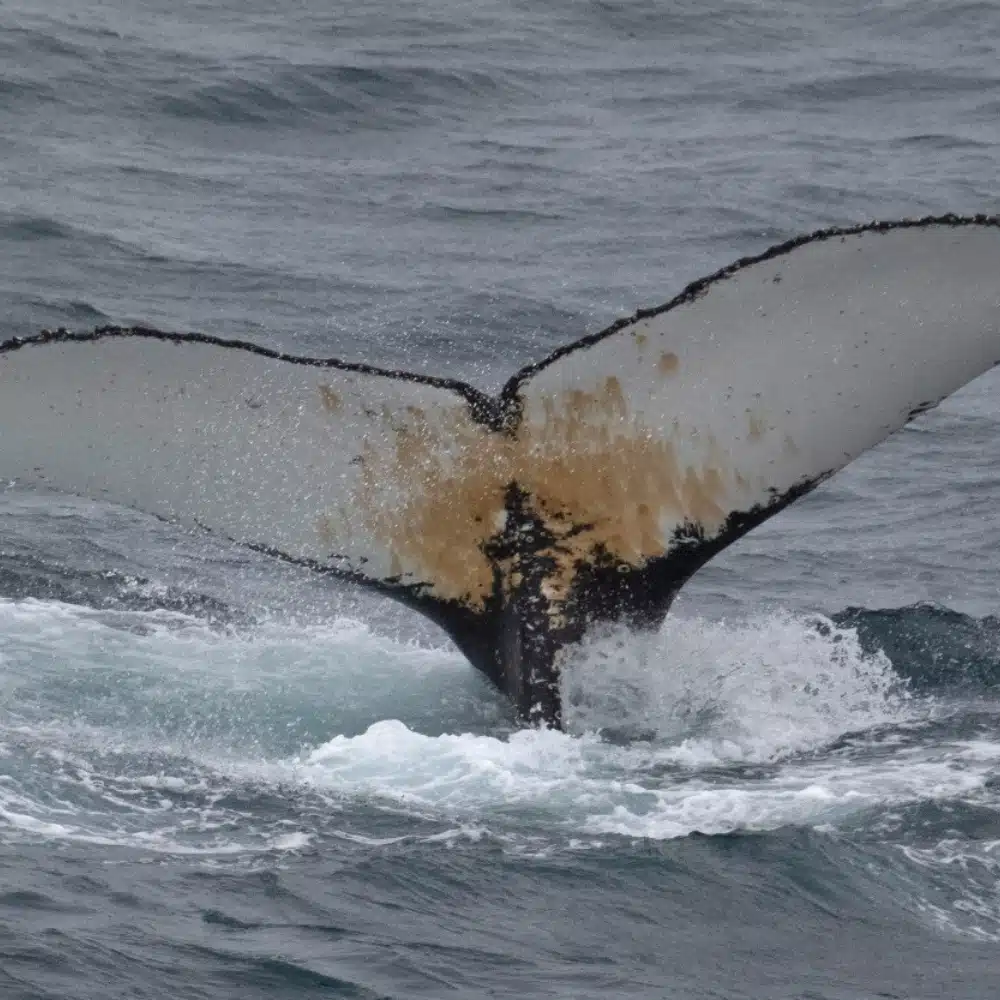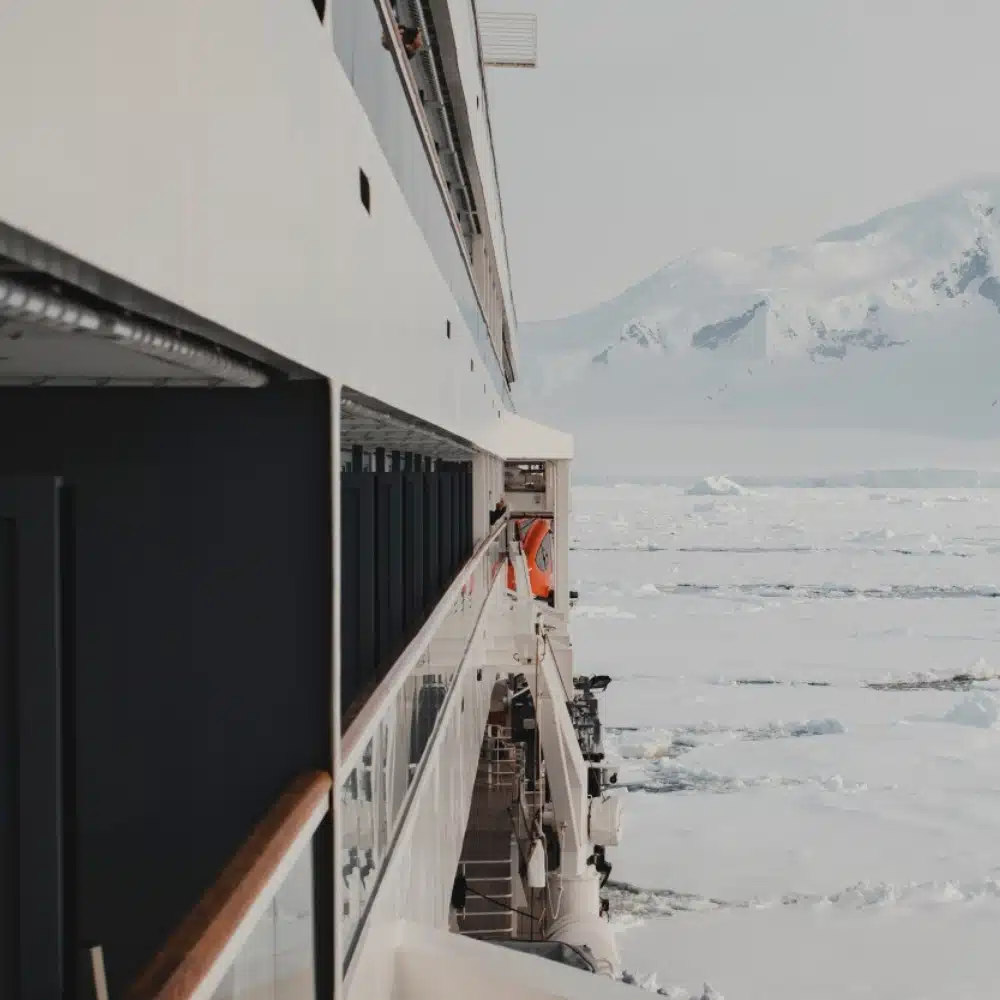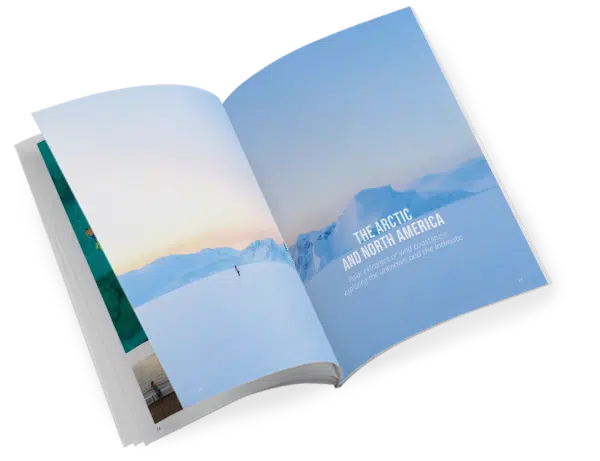Two years ago, Dr. Cassandra Brooks was nominated as one of the “50 People the World Needs to Know About,” an annual list published by The Explorers Club. Soon, doors opened for her and her research that she never could have imagined. As she looks forward to her January PONANT expedition to Antarctica, she took time to share with us her scientific firsts, her penchant for storytelling, and how she met her husband over their love of the Antarctic toothfish.
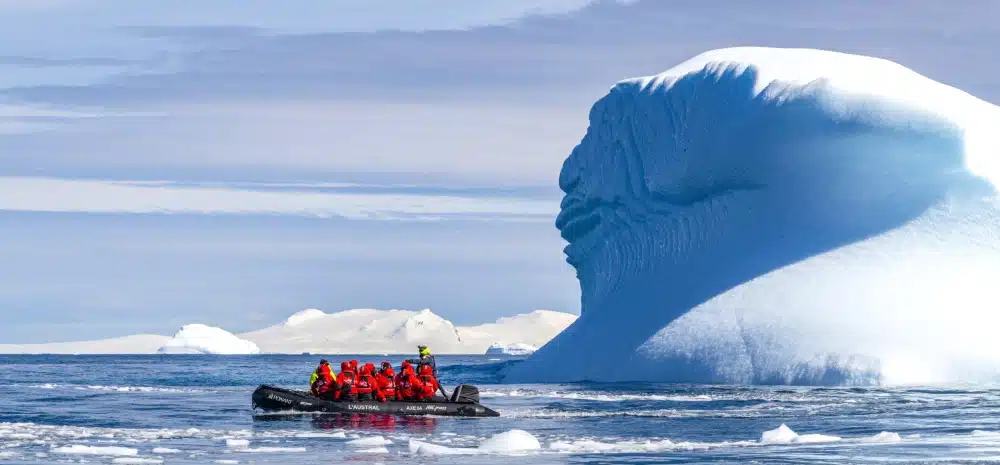
Just when you think there’s nothing else in the world to discover, you talk to Cassandra Brooks.
One of the newest members of The Explorers Club, this marine scientist holding a Ph.D. and an assistant professorship at the University of Colorado Boulder has made brand-new discoveries in the natural world – twice.
In the Ross Sea – a half-moon bay in the Southern Ocean that pushes into a stretch of Antarctic coastline – she and her colleagues were pulling up fish for study and came across a species they had never encountered. It turns out, neither had anyone else. Somehow, the fish had evaded human eyes. “That was one for the record books, to be sure!” she says.
The mystery fish fell within the Pogonophryne genus, named for the whisker-like protrusion on their chins (pogonos, or beard) and the resemblance of their facial skin to that of a toad (phryne, or toad). The team called it Pogonophryne species “A” until a taxonomist could classify it properly. “This can sometimes take decades!” Dr. Brooks says.
On another expedition, she and her team had been learning about the Antarctic silver fish, a native to the Southern Ocean that’s about the size of a herring. But its size belies its importance. This diminutive swimmer is a keystone species, meaning that it plays a disproportionately large role in these waters.
As they maneuvered into the Bay of Whales, the silver fish became decidedly smaller. “The fish I saw were too little compared to the others,” she explains. “We realized we had found a nursery ground where the Antarctic silver fish lays its eggs. There was no record that this nursery existed before we came along!” They had stumbled upon a secret hideaway known only to nature.
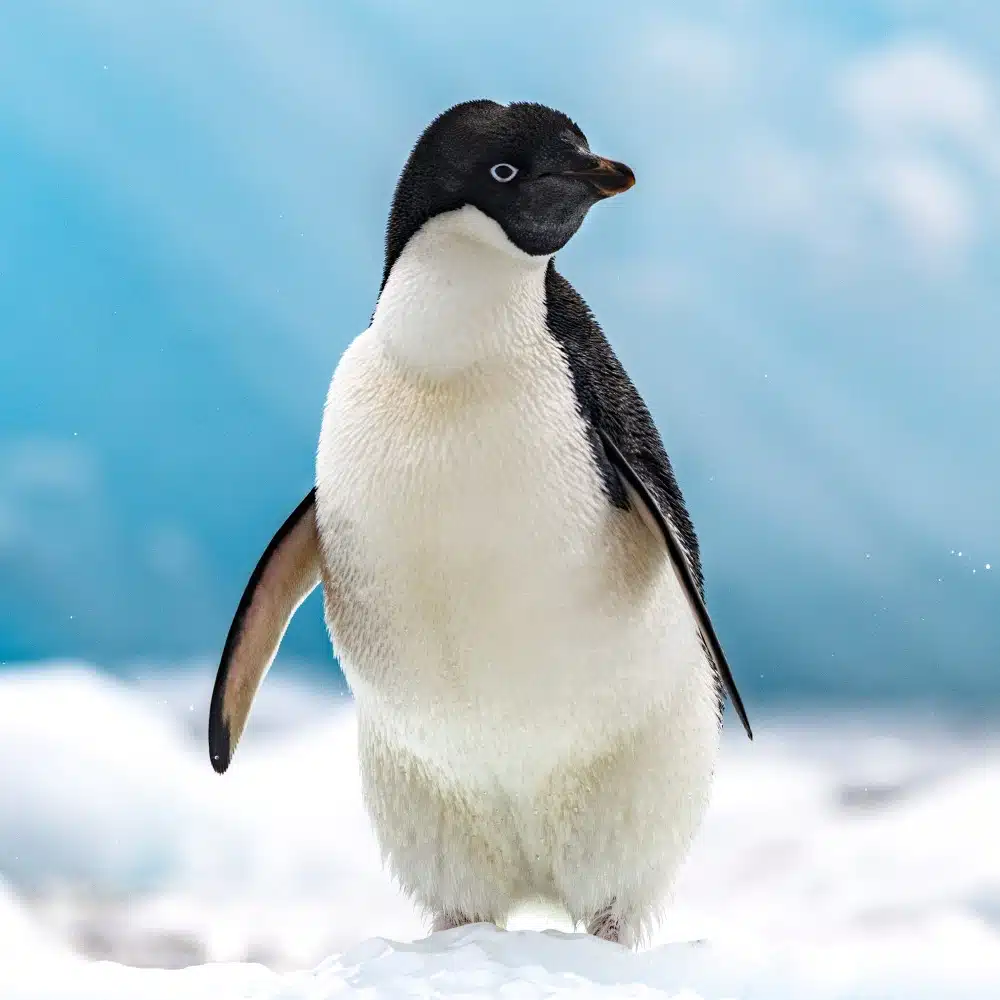
Getting Schooled in the Wilderness
To hear Dr. Brooks tell these stories is to tap into what makes her tick.
This passionate marine biologist grew up in rural New Hampshire. The vast outdoors and the river behind her house were her playground and her classroom. The wondrous discoveries she made as a child have inspired her to keep looking, to explore more of the natural world with eyes wide open. Today, exploring the seas satisfies more than just her curiosity. “I want to give more than I took from the world,” she says. “I want to contribute to a better world for my kids and for the next generation.”
Her mother, a Polish immigrant, was born in a German camp during the war. Her father is a northern Vermonter. From mom, she developed a strong work ethic and a sense of gratitude; from dad, a streak of independence and a drive to define success on her own terms. Of her four siblings, her older sister pushed her to go to college. “She told me I was good at science,” Cassandra recalls.
She met her husband John Heller over their shared love of the Antarctic toothfish, a deep dweller that can grow to six feet long and 300 pounds and carries molecular properties that keep its blood in a fluid state in the depths of its subfreezing waters. “We went on our first date and the conversations we had were not what most people would call romantic!” she laughs. But they were both smitten – with the fish and with each other.
Working Together to Save a Sea
A conservation photographer, John was on a crusade to protect the Ross Sea. Both of them recognized that this was “The Last Ocean,” the world’s last intact marine ecosystem unadulterated by human intervention. “We made the ‘science case’ of why we need to protect these waters,” she explains. “For instance, we showed that there’s a crazy amount of marine life there. One-third of the world’s Adélie and emperor penguins are there and there’s a huge array of wildlife in the Ross Sea, even though it’s just 3.2% of the Southern Ocean.” The couple succeeded, on an epic scale; today, the Ross Sea is the largest marine protected area on the planet.
It goes without saying that her passion for Antarctica is boundless. Even the names of the couple’s kids were inspired by the great white wilderness. Daughter Kayden Adélie’s middle name echoes that of the Adélie penguin, which French explorer Jules Dumont d’Urville named after his wife when he first laid eyes on the bird in 1840. Son Orion Ross is named for the stars, and for the sea that Cassandra and John helped to preserve.
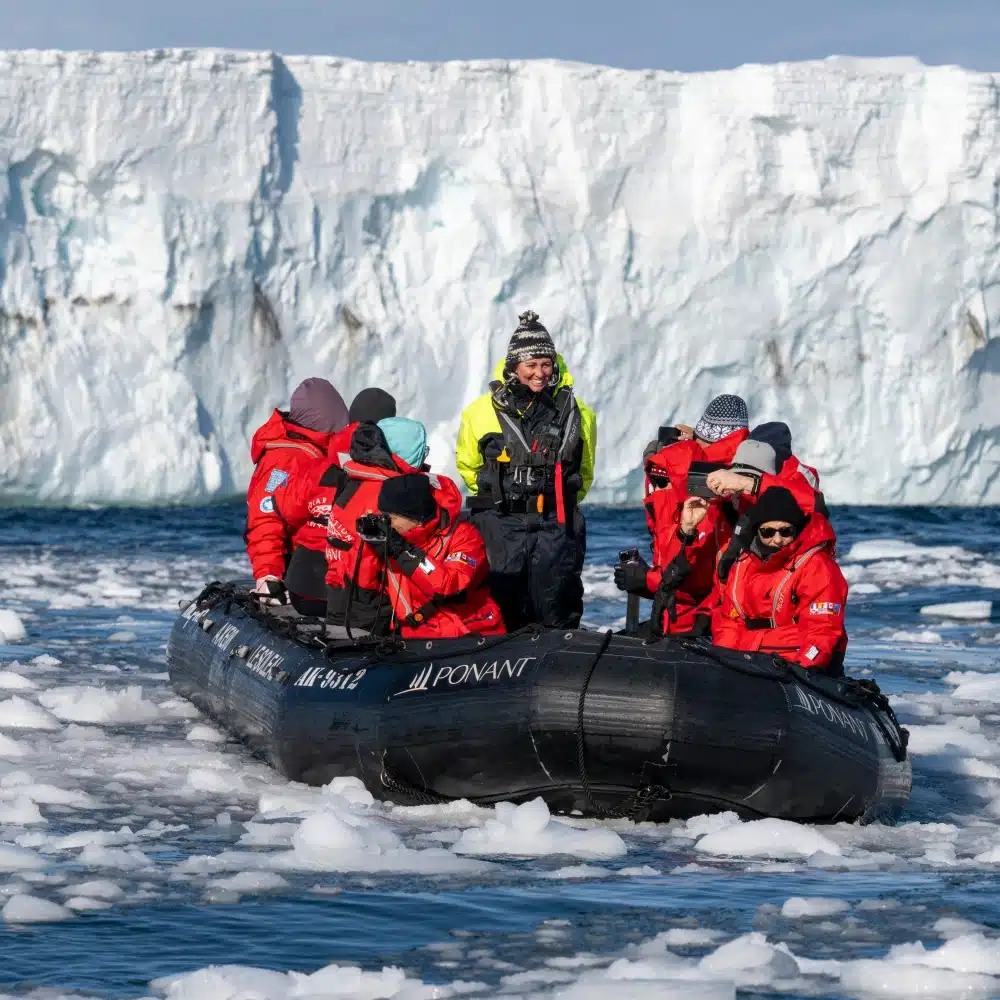
The Power of Story
When we spoke, Dr. Brooks had just returned to the U.S. from Chile, where she sat as a delegate to Antarctic policy meetings. It’s one of the many hats she wears to protect the pristine marine ecosystem she loves. “I focus on that spot where science and policy meet,” she says of her work on conservation commissions. “Research is hugely useful in the context of Southern Ocean conservation.”
But she wields more than just facts and numbers in her crusade to push for policy. “Storytelling has a huge impact on what I do,” she says. “We have to bring the sea to life for people so that it seems real to them. So that they’ll feel inspired to help. So we tell the story of the Antarctic toothfish and its blood that acts like antifreeze. We tell the story of the Antarctic silver fish nursery that we found. We tell the story of the bloom of phytoplankton that’s so massive it can be seen from space. These all show how hugely productive and critical the Ross Sea is both as its own ecosystem and to the larger one around it.”
What’s in Store Aboard Le Commandant Charcot
There’s another story Cassandra loves to tell. “Long before humans knew Antarctica existed, the ancient Greeks insisted there had to be land in the southern regions of the globe. Without it, they said the earth would topple over. They believed this land – that, let’s face it, only lived in their imaginations – kept the earth in balance.” The metaphor is not lost on her. In fact, she explains, the currents of the Southern Ocean drive the circulation of all the other oceans, affecting temperatures, precipitation, and overall climate around the globe.
Storytelling will be central to her onboard lectures when she joins PONANT on a January 2024 sailing of Unexplored Antarctica: Between Two Continents aboard Le Commandant Charcot. “Antarctica belongs to us all. We’re all connected to it. But it’s under stress. I want to bring it alive for PONANT guests in the same way I do for policymakers and diplomats.”
“We’re going to prioritize science as part of our travels. This is what I love about PONANT. They make space on their ships for science. They take scientists to places we can’t reach – either because we don’t have financial backing or because a place is too remote or inaccessible. We’ll be going to super remote places and super icy places that we can only access aboard this luxury icebreaker. I’ll have some of my students with me, so we’ll capture wildlife data where we can.” Then, with what can only be described as the work ethic of her mother and the independence of her father, she adds, “I’ll do as much science as the team lets me do.”
The Lessons of Antarctica
All this talk about preservation and policy reminds her of the Antarctic Treaty of 1959, the document that was drawn up largely to quell some Cold War tensions, but also to preserve a pristine wilderness. The treaty, she says, “was dedicated to peace and science. No military, no weapons were allowed. Even with all the troubles in the world today, that 65-year-old treaty shows us that there’s hope. Nations came together then in the name of peace and environmental protection. We can do it again.”
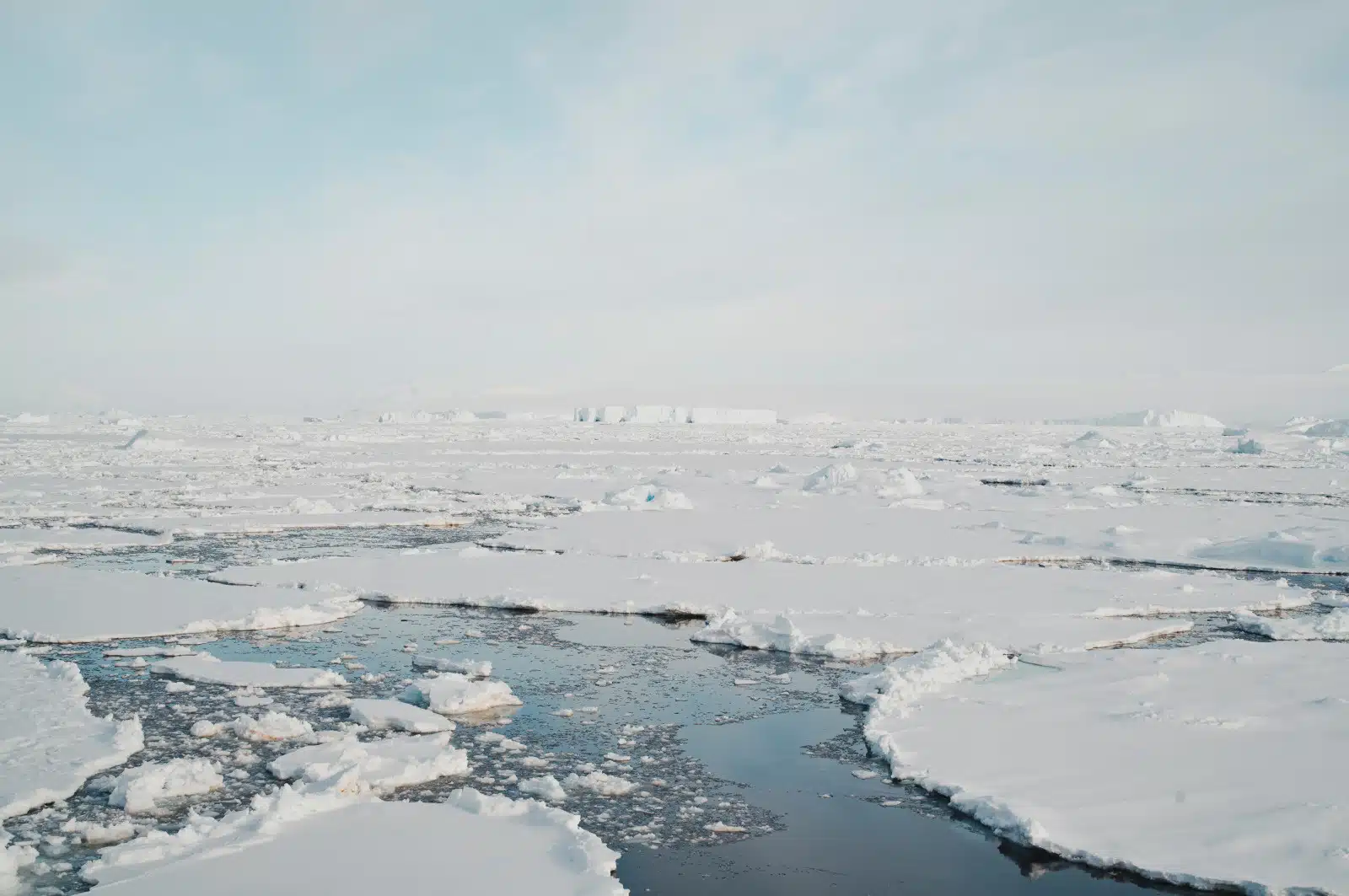
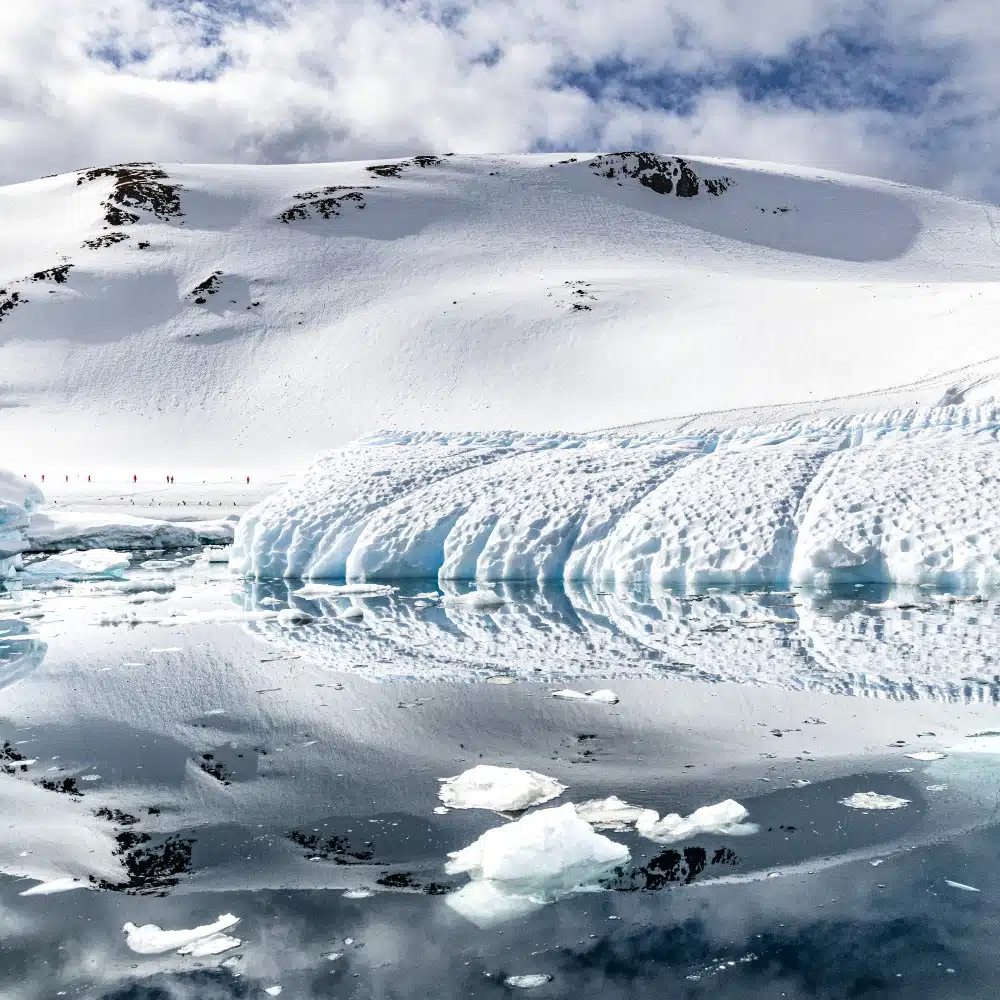
Discover Antarctica with PONANT
From short, 10-night voyages to epic, month-long expeditions, PONANT has the perfect Antarctic voyage for you.

